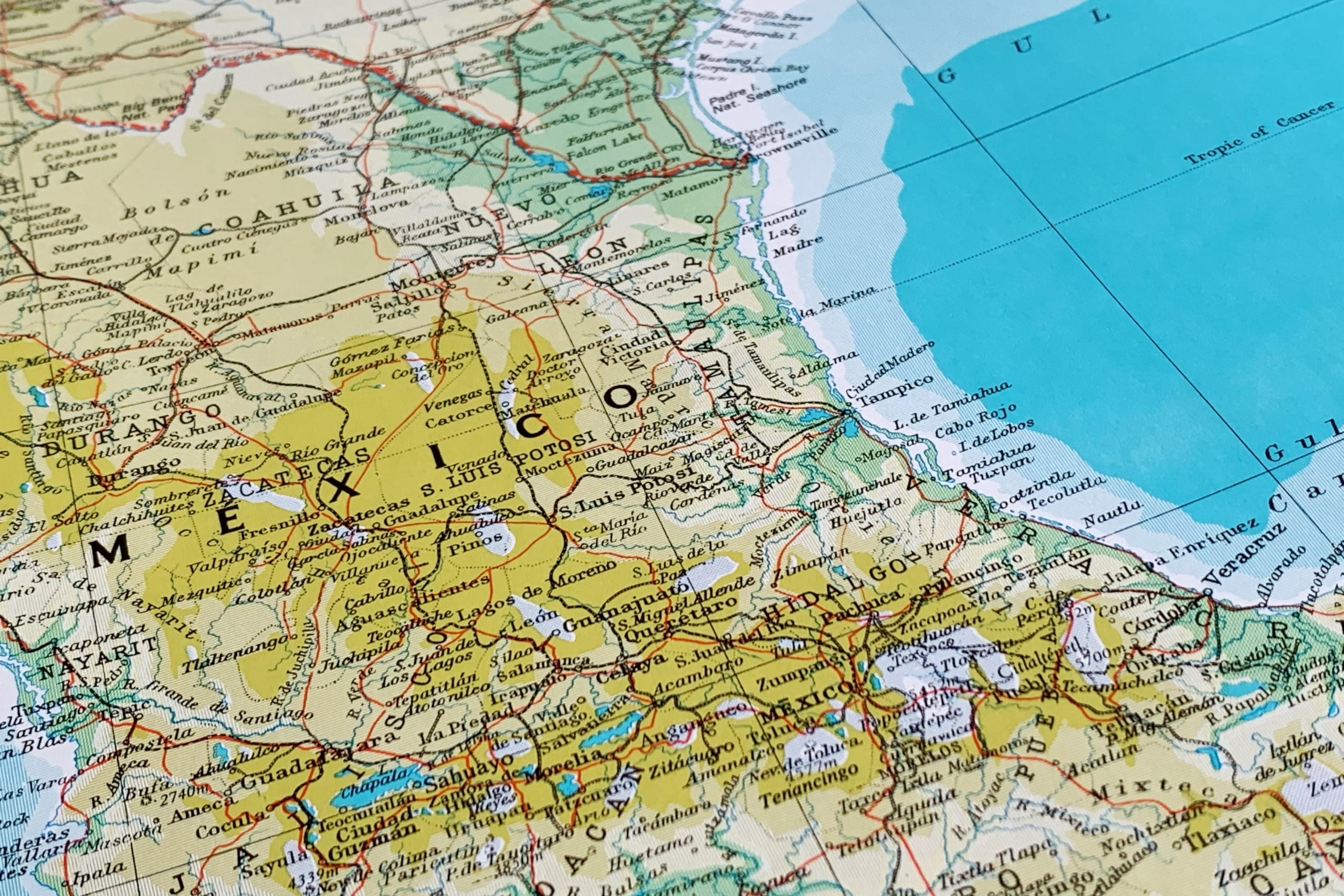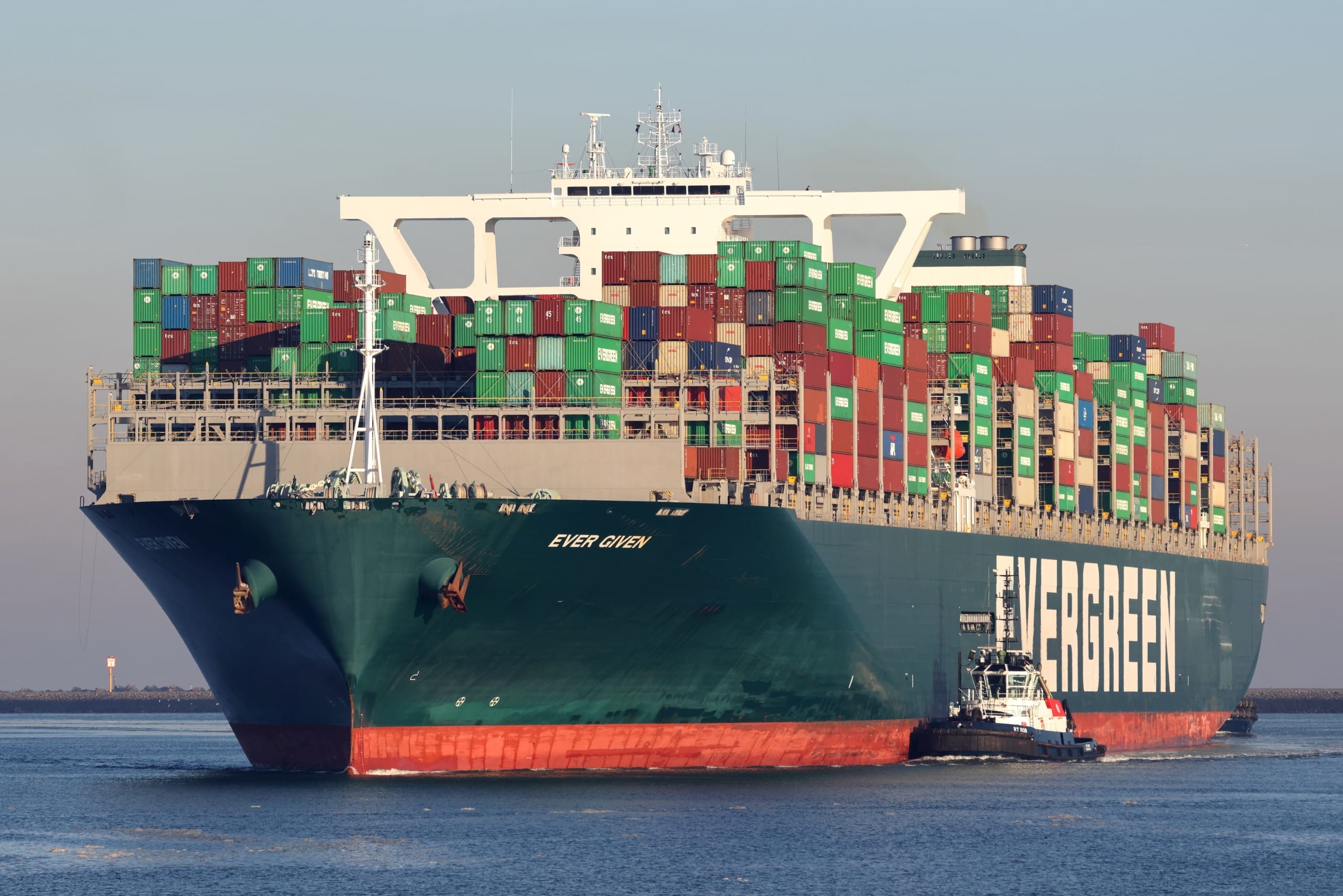1.3 billion people. Or at least that’s the most widely believed figure representing the population of China. There are many who believe the number is actually 1.5 billion and growing. China’s GDP is back to 10% and thanks to the 2009 stimulus package there are tens of thousands of infrastructure jobs in progress. So why aren’t more decision-makers including China in their plans? One Tampa company did just that.
Dais Analytic got its start producing high-tech filter membranes to improve air quality and cut energy costs in homes and businesses. It has expanded to develop products for desalination, wastewater treatment and energy storage, among other things. Although it currently has only 18 employees plans have been inked to add 1,000 jobs over the next five years, thanks to a $200 million trade agreement with China. Born about 10 years ago from an idea for developing fuel cells at Rensselaer Polytechnic Institute in Troy, N.Y., Dais Analytic opened in Pasco County in 1998, lured by tax breaks and assistance. The company specializes in nanotechnology: crafting materials that work with matter on the atomic and molecular level.
Its first commercial product, called ConsERV, is used with heating, air-conditioning and ventilation systems. It uses a membrane with microscopic channels that allow molecules of water to pass through the filter.
Incoming and outgoing air pass through the membrane in separate channels, with the outgoing air helping to cool the incoming warm air. The humidity in the air is condensed to molecules, so it becomes vapor with no condensation. Using the membrane to bring fresh, filtered air into the home or business can save energy costs and reduce pollution, the company says.
BaySource Global assists companies in their offshore manufacturing strategies as well as working with U.S. companies who are looking to commercialize their lines within China.



Follow Us